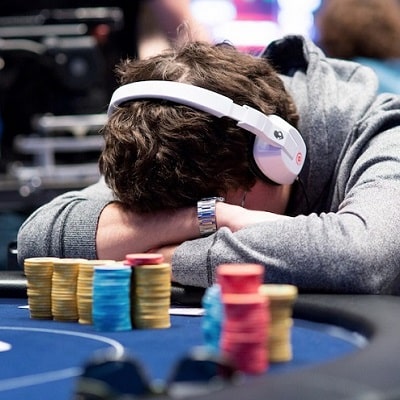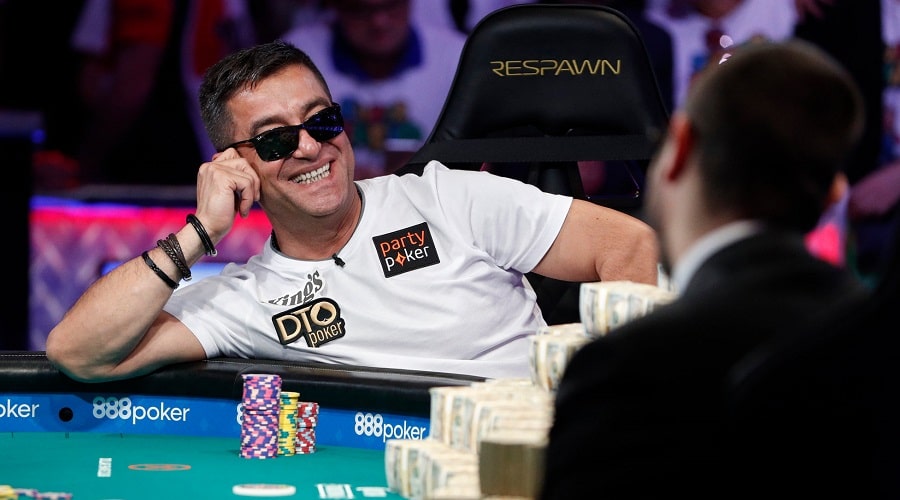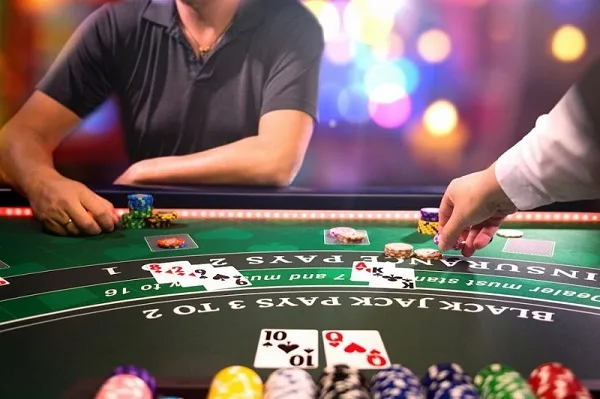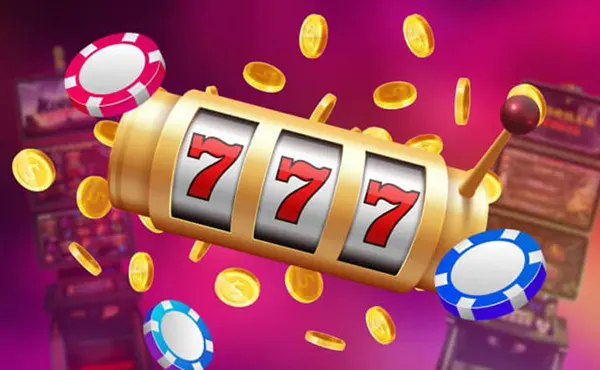
Tilt and Emotion Control in Poker
In the realm of poker, understanding the cards you’re dealt is just half the battle. The true challenge lies in mastering the tumultuous tides of one’s own emotions. The psychology behind this popular card game plays a pivotal role in determining both success and failure. One of the major hurdles many players face is the phenomenon called ’tilt’. Let’s unravel this concept.
At its core, tilt is a state of emotional upheaval that negatively impacts your ability to make rational decisions. When on tilt, players deviate from their usual strategies, making impulsive, often aggressive moves that they wouldn’t typically consider. The cause? Overwhelming emotions that cloud judgment.
The essence of poker lies not just in playing your cards right, but also in keeping your emotions in check. Emotion control in poker isn’t about stifling feelings; it’s about understanding and channeling them in a way that they don’t compromise the quality of your game.
What Can Cause Tilt?
Various factors can push a player into tilt. Identifying these triggers is the first step to managing them.
- Bad Beats: There’s nothing quite as disheartening as losing a hand you were confident about, especially if luck favored your opponent at the last moment.
- Opponent Behavior: Sometimes, an opponent’s behavior, whether it’s trash talk or sheer arrogance, can get under your skin.
- Outside Stress: Personal problems or stressors unrelated to poker can seep into your gameplay.
- Continuous Losses: A string of losses can erode your self-confidence, making you second-guess every move.
- Physical Exhaustion: A weary body often houses a weary mind. Fatigue can dampen your decision-making abilities.
Signs of Tilt
Recognizing when you’re on tilt is crucial. Here are some telltale signs:
- Over-aggressiveness: You find yourself betting and raising without a clear strategy or even a decent hand.
- Playing Too Many Hands: Abandoning selectivity and hoping to turn the tide with sheer volume.
- Hasty Decisions: You stop thinking things through and rely on impulsive moves.
- Desperation Mode: The overwhelming need to recover losses makes you take extreme risks.
- Ignoring Strategy: All your training and strategies go out the window.

Physiological and Psychological Expression of Tilt
Tilt doesn’t just manifest in one’s gameplay; it also has physical and mental indicators.
Physiological Markers:
- A noticeable increase in heart rate.
- A sudden flush or feeling of heat.
- Restlessness or an inability to stay still.
Psychological Manifestations:
- Feelings of frustration or anger.
- A sinking feeling of despair or helplessness.
- Distracted thoughts, away from the game and more on losses or errors.
- A mental dialogue filled with self-criticism.
Effective Ways to Deal with Tilt
Overcoming tilt requires a blend of self-awareness and self-regulation.
- Step Back: If you notice signs of tilt, take a break. Distance often provides clarity.
- Breathe Deep: Focus on your breathing. Deep, controlled breaths can center your thoughts and emotions.
- Set Boundaries: Predetermine loss limits and stick to them. This prevents the desperation of chasing losses.
- Avoid Intoxicants: Alcohol or other substances can heighten emotions and impair judgment.
- Practice Mindfulness: Meditation and grounding exercises can train your mind to stay present and balanced.
Conclusion
Navigating the intricate world of poker requires more than just skill and strategy. It demands a deep understanding of oneself. Recognizing and managing tilt is essential to keeping a clear head and maintaining an edge in the game. With self-awareness and the right tools, you can turn emotional challenges into opportunities for growth and success.





